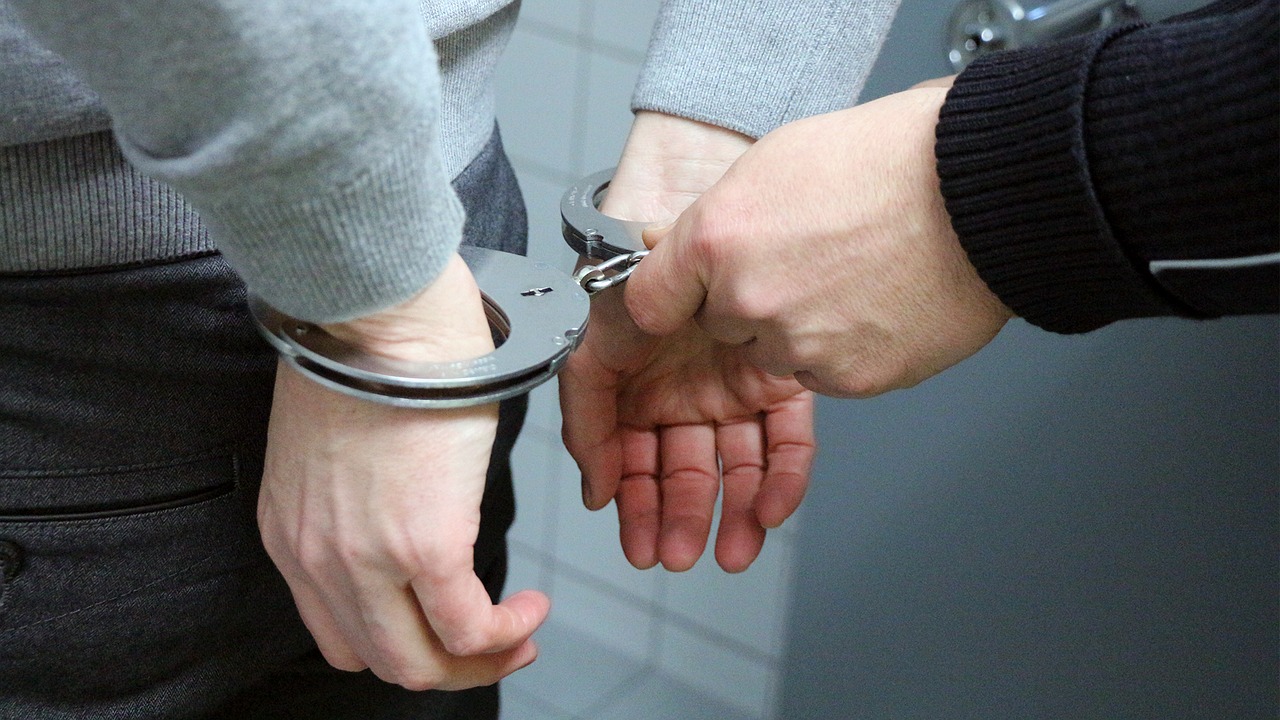Canada News
A look at the process Canada follows in response to an extradition request

The Extradition Act provides Ottawa with the legal basis to extradite people located in Canada who are sought by an extradition partner. (Pixabay photo)
OTTAWA — Canada’s Department of Justice, through its International Assistance Group, helps Canadian and foreign police and prosecutors by extraditing people to face prosecution or sentencing in the country in which they are charged or convicted.
The Extradition Act provides Ottawa with the legal basis to extradite people located in Canada who are sought by an extradition partner. Those partners include:
— Countries, such as the United States, with which Canada has an extradition agreement (a bilateral treaty or a multilateral convention);
— Countries with which Canada has entered into a case-specific agreement; or
— Countries or international courts whose names appear in the schedule to the Extradition Act.
In all cases, the conduct for which extradition is sought must be considered criminal in both the requesting country and in Canada.
There are three key stages to the Canadian extradition process:
— The justice minister must first determine whether to authorize the start of extradition proceedings in the Canadian courts by issuing what’s known as an “Authority to Proceed.”
— Once an Authority to Proceed has been issued, the Canadian courts must determine whether there is sufficient evidence to justify the person’s committal for extradition. When someone is committed for extradition, the justice minister must personally decide whether to order the person’s surrender to the foreign state.
— Someone sought for extradition may appeal their committal and seek judicial review of the minister’s surrender order — a process that can play out for months or even years in the courts.
(Source: Canadian Department of Justice)





















